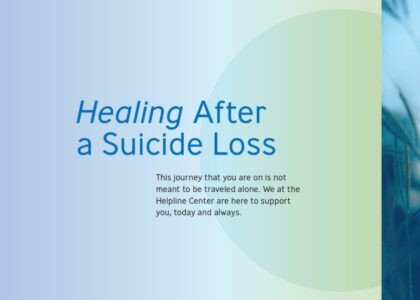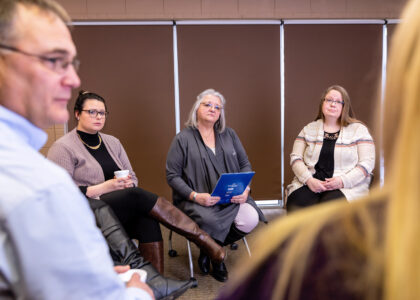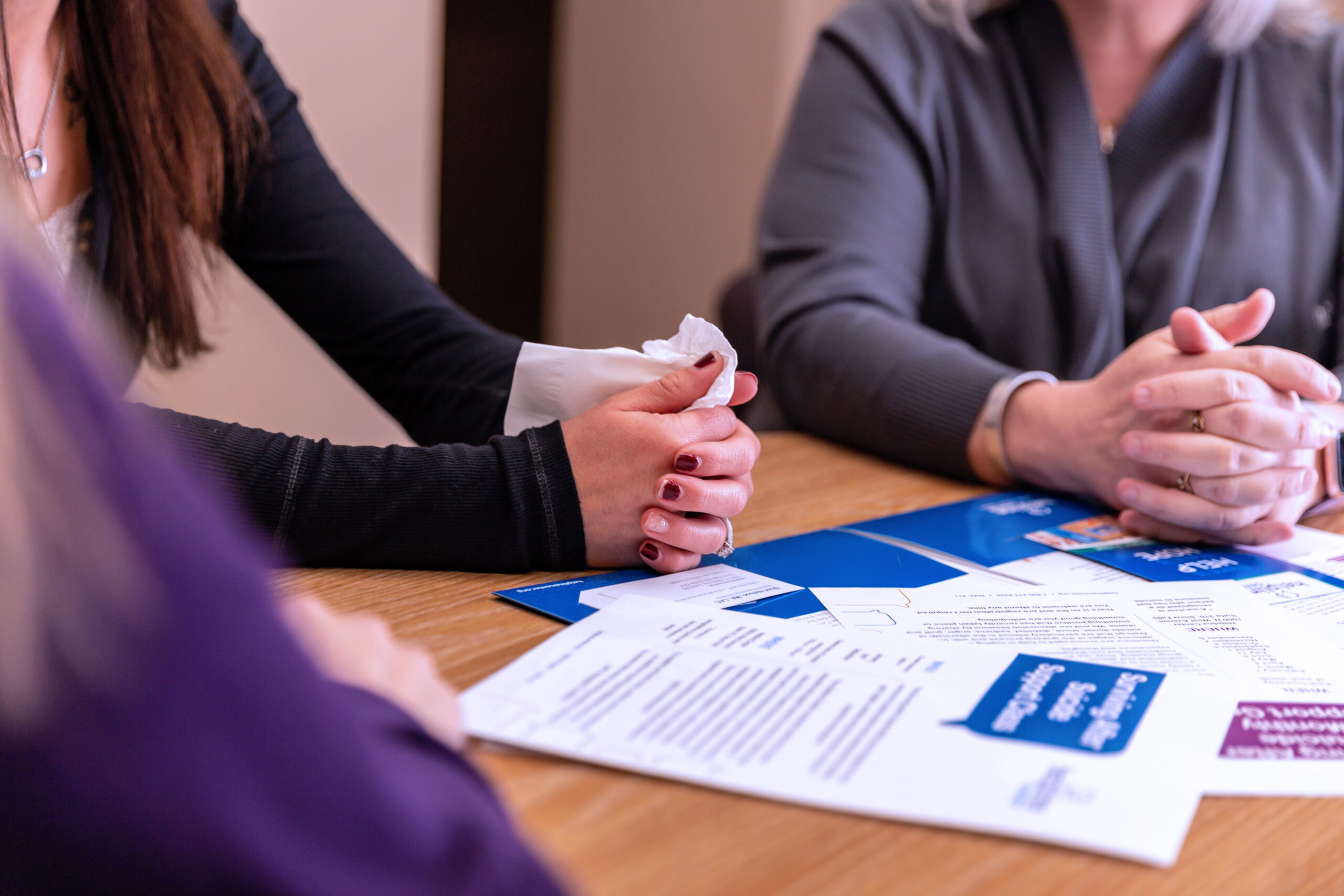Grief is the reaction we have to loss. This can show up in many different ways. It is important to pay attention to those affects on our body, heart, and mind.
Physical
Grief can cause someone to have many different physical reactions such as changes in sleep, concentration, appetite, energy levels, stamina, etc.
Emotional
Grief can bring about many different emotions such as sadness, fear, guilt, anger, even feelings of being numb. These emotions will vary with different intensities.
Social
Grief can affect how we engage with others and how others engage with us. You may find a change in your desire to be around other people, the amount you want to engage with them, or your thoughts and feelings around what those relationships mean to you.
On Grief
Grief can affect almost all areas of your life. These reactions are normal though they will vary from person to person. The reactions you have will ebb and flow like waves on the ocean, at times those waves will be quick and shallow other times long and deep. These waves will change throughout your life and you will learn how to care for yourself through them. As your grief reaction is deeply personal so will be the ways you learn to hold your grief and show kindness to yourself through it. Your grief journey is your own, though you may have companions along the way, it is ultimately about finding what you need.
Since grief can have strong effects on your life there are times when getting extra support is needed. If your health is deteriorating, such as significant weight gains or losses, reach out to your primary care physician. If you are having thoughts of suicide reach out to the suicide and crisis helpline by calling 988. If after 6 months of the loss you continue to have a loss of joy, or general feelings of apathy, reach out to a counselor or call 211 or 988 for counseling referrals.



